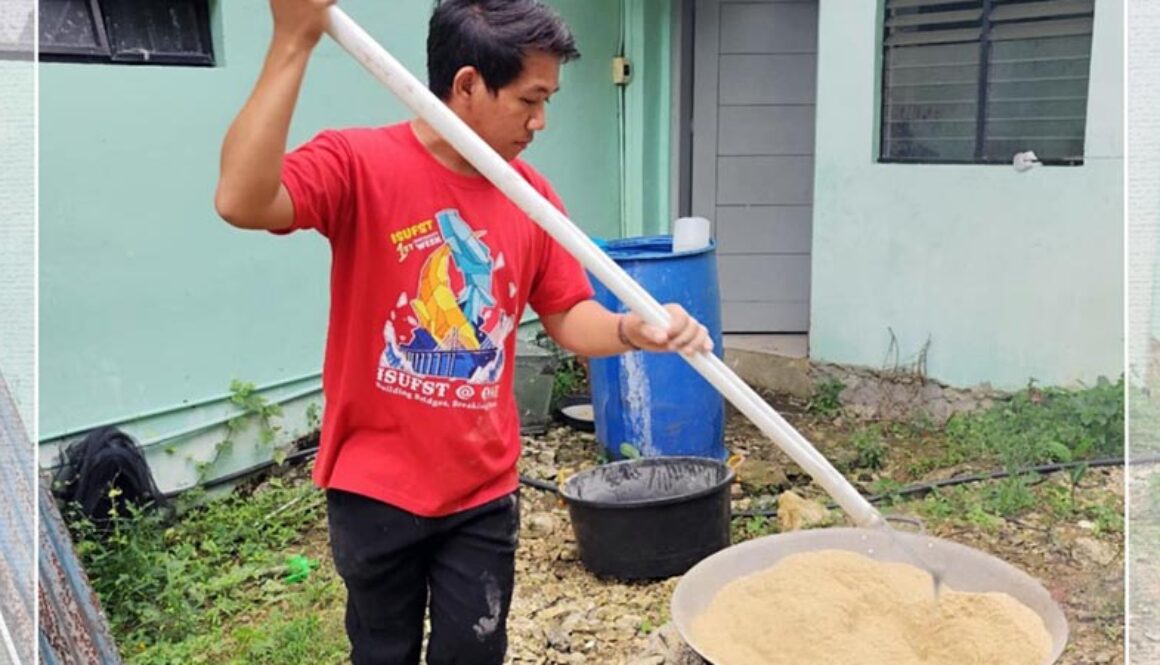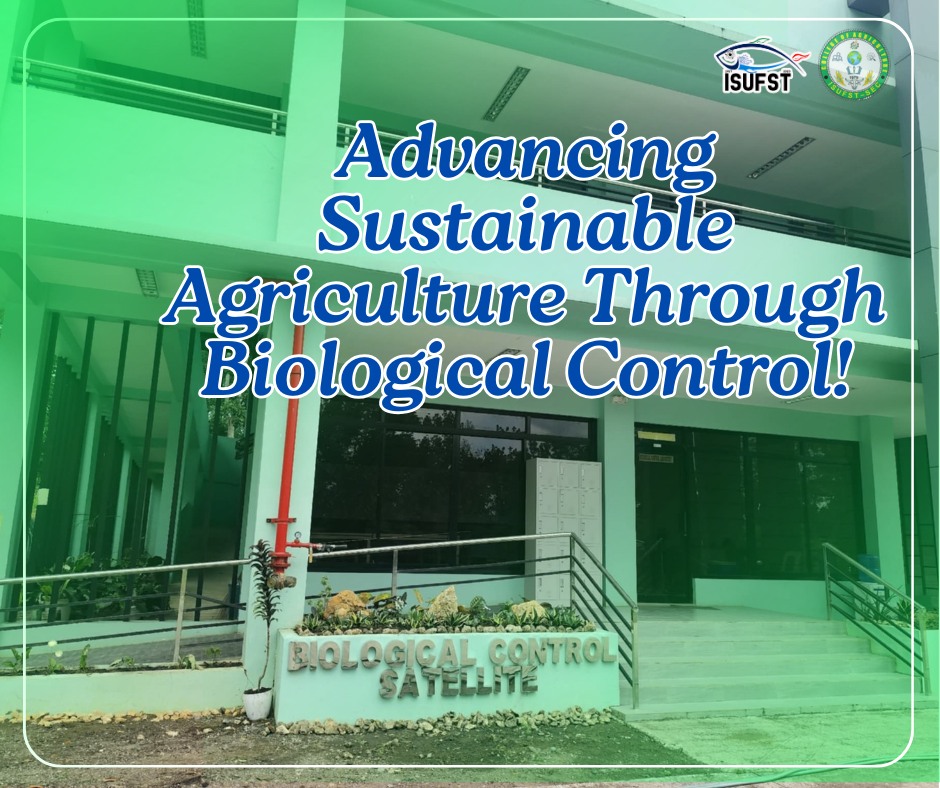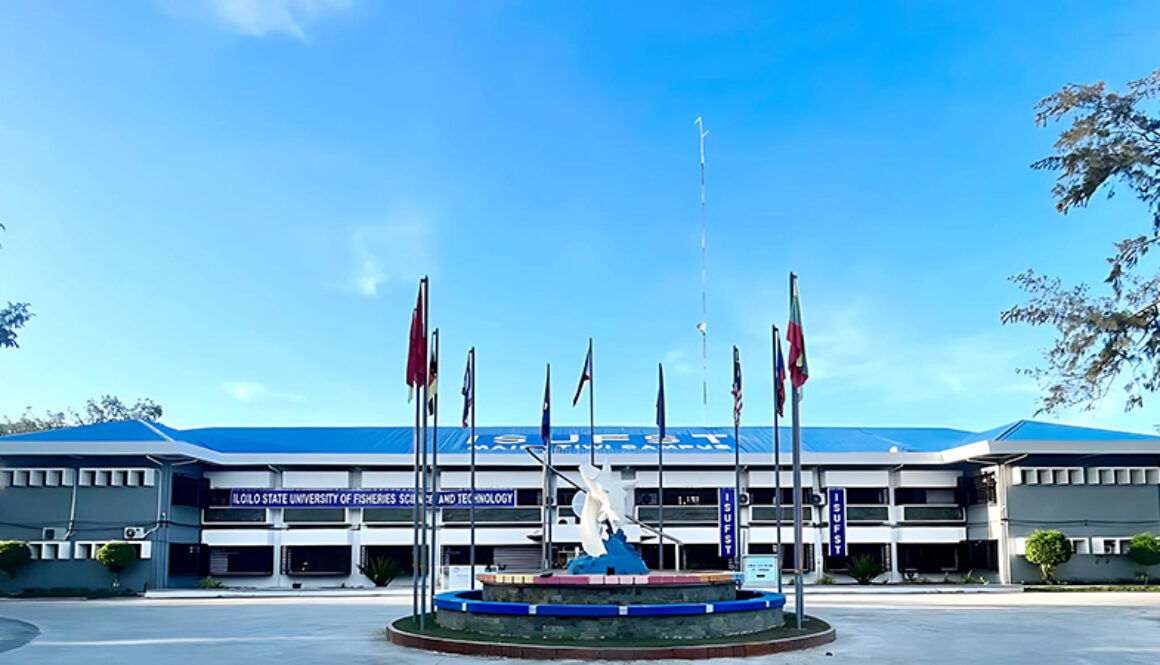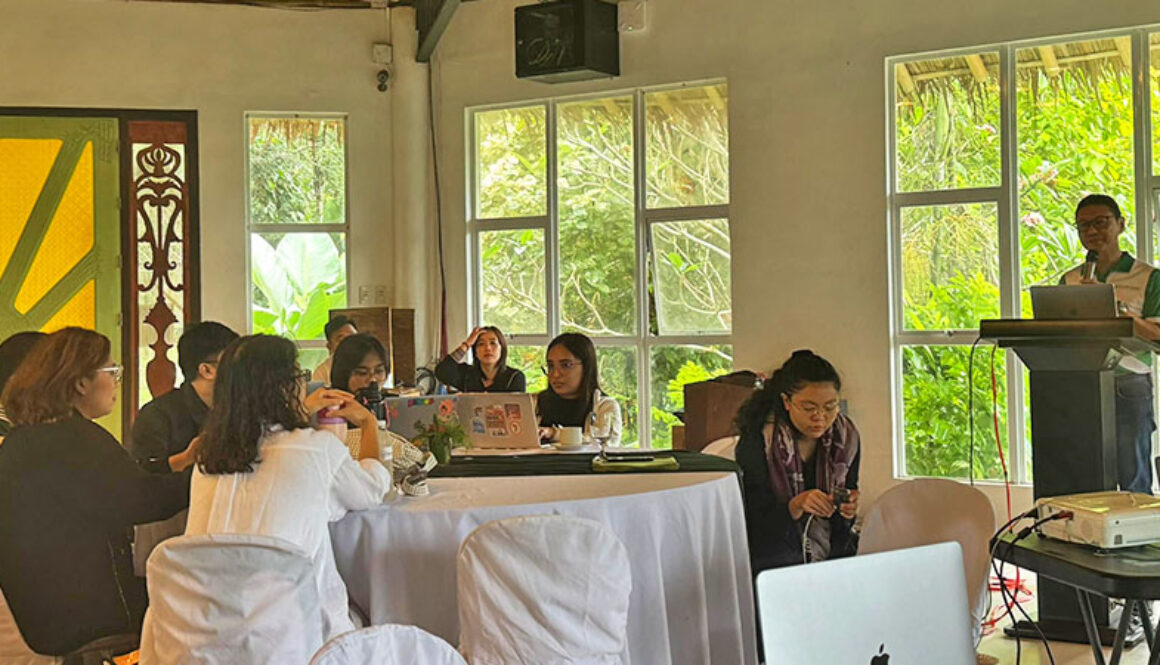ISUFST Holds Extension Training for Fisherfolk in Banate, Iloilo
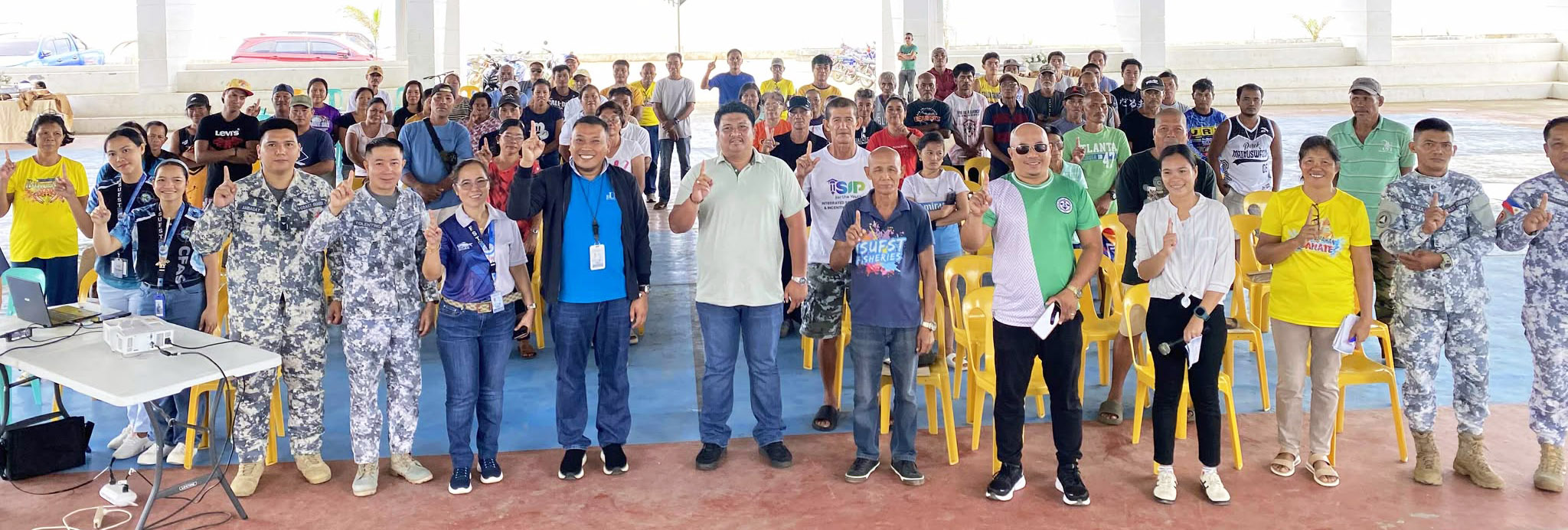
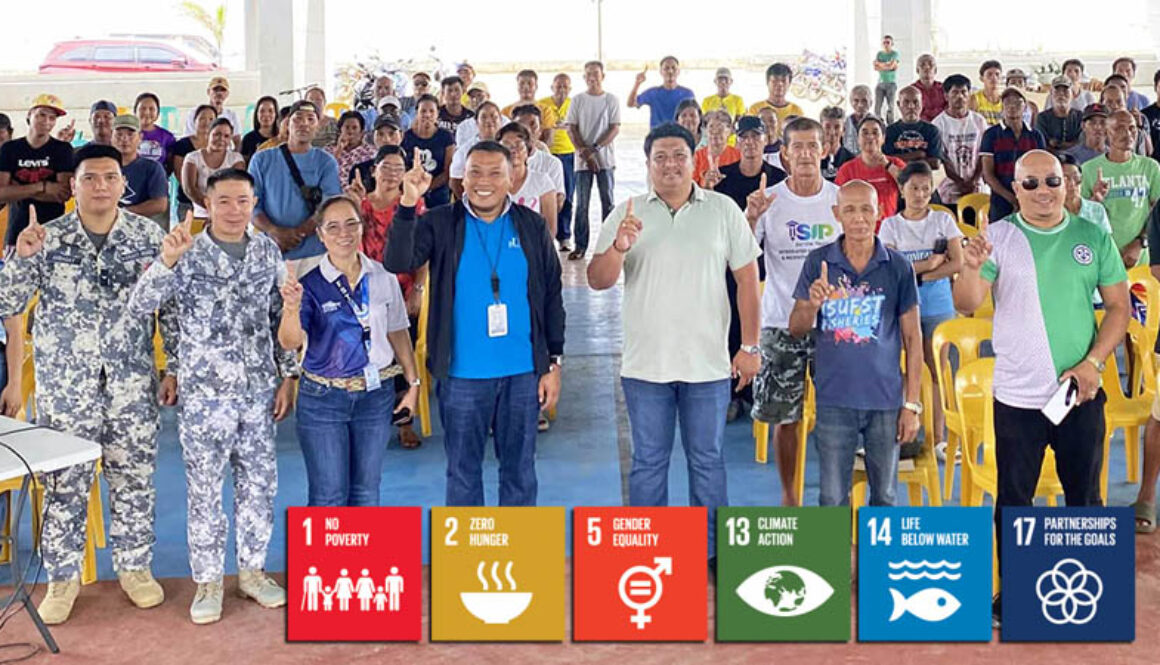



The Iloilo State University of Fisheries Science and Technology (ISUFST) successfully concluded its three-day training and reorientation program titled “GRIT for Service 2025: A Training-Retreat Toward an Ethical, Resilient, and People-Centered Work Culture” held July 16-18, 2025. at Almadria Highland Resort in Talisay City, Negros Occidental. The retreat gathered 237 non-teaching staff, directors, faculty with administrative functions, and top administrators from ISUFST’s five campuses for a shared moment of pause—to reflect, realign, and renew their commitment to public service.
Organized by the Human Resource Management Office with the GAD Office, the training-retreat became more than just a professional reset. At the values-laden integration workshop, ISUFST faculty and staff explored how the university’s vision, mission, mandate, and guiding principles could be lived out through daily care and service. The sessions were framed around SDG 4 (Quality Education), SDG 5 (Gender Equality), SDG 8 (Decent Work), and SDG 16 (Strong Institutions), helping participants anchor their actions in the GRIT values—Growth, Resilience, Integrity, and Teamwork—that define the university.

“This retreat reflects what ISUFST truly stands for,” said University President Dr. Nordy Siason, Jr. “We don’t just aim to deliver quality service—we build a community that serves with humility, passion, integrity, and purpose. And our non-teaching staff are at the heart of that mission.”

Day 1 began with an inspiring talk from Fr. Joel Rojo-Eslabra, chaplain of WVSU Medical Center, who invited participants to reconnect with their “why” through ikigai, the Japanese concept of purpose. “Service begins when we rediscover our reason for showing up each day,” he said. His talk continued after lunch, blending stories, clips, and quiet moments that invited participants to look inward. Fr. Eslabra reminded everyone that true service begins not with titles, but with the simple decision to care, to listen, and to lead with heart.

By mid-afternoon, energy and laughter filled the room as Mr. Al Ian Barcelona, CEO-President of AIB Training and Consultancy Corporation, challenged the group to reframe their roles with joy and passion during his WAVE session: Works Acceleration and Value Empowerment. Later that evening, new staff members introduced themselves to the wider community through lively talent presentations—an icebreaker that quickly turned into a celebration of shared joy, creativity, and campus pride.
Mr. Barcelona continued his session in Day 2, weaving in themes of personal passion, institutional alignment, and values-driven performance.

Also on that same day, July 17, Dr. Kharlie Joehn Hautea, the university physician, emphasized the importance of health, wellness, and safety in the workplace, reminding staff that good service begins with well-being.

Later in the day, ISUFST Legal Officer Atty. Joey Mondero revisited Republic Act No. 6713, the Code of Conduct and Ethical Standards for Public Officials and Employees. His session, and the engaging Q&A thereafter, reinforced that integrity, transparency, and accountability are not just legal mandates—they are daily practices that sustain public trust.
The second night brought moments of joy and unity during the Search for Mr. and Miss Non-Teaching Staff 2025. Mary Floren Arguez and Eli Gene Tisuela, both from the Tiwi Campus, were crowned titleholders. The event, though lighthearted, echoed the retreat’s spirit of confidence, inclusivity, and campus pride. Participants described it as “a celebration of the quiet strength behind every desk and department.”

The final day, July 18, featured CHMSU’s Director of Student Affairs and Services, Dr. Ma. Victoria Violanda, who ended the training retreat on a powerful note about working with purpose. She talked about the courage it takes to stay committed, the strength in collaboration, and the wisdom in being a lifelong learner.
Meanwhile, program lead Supervising Administrative Officer (SAO) Alma P. Betito also noted that: “For us, this retreat is a heart-check, it is a reminder of why we do what we do.” She added: “Our non-teaching staff are vital to the university’s heartbeat. Empowering them means enriching our entire system of service.”
Dr. Lenirose Mondero, GAD Director, affirmed the deeper purpose behind the activity: “When we build an inclusive, reflective workplace, we don’t just boost morale—we strengthen the very foundation of the service we give to students and communities. It’s about making each person feel seen, valued, and driven by purpose.”
With its blend of knowledge sessions, honest reflections, and shared celebrations, GRIT for Service 2025 reaffirms ISUFST’s mission to nurture kind, ethical, and resilient public servants. It also supports the university’s goal to align human resource development with institutional performance and to recognize excellence through the PRAISE incentive system.
As the country’s first and only state university dedicated to fisheries science and technology, ISUFST continues to lead with heart—cultivating a workplace where compassion, purpose, and public service grow hand in hand. (Herman Lagon / Ricky Ramos / Edeline Joy Brito / PAMMCO)

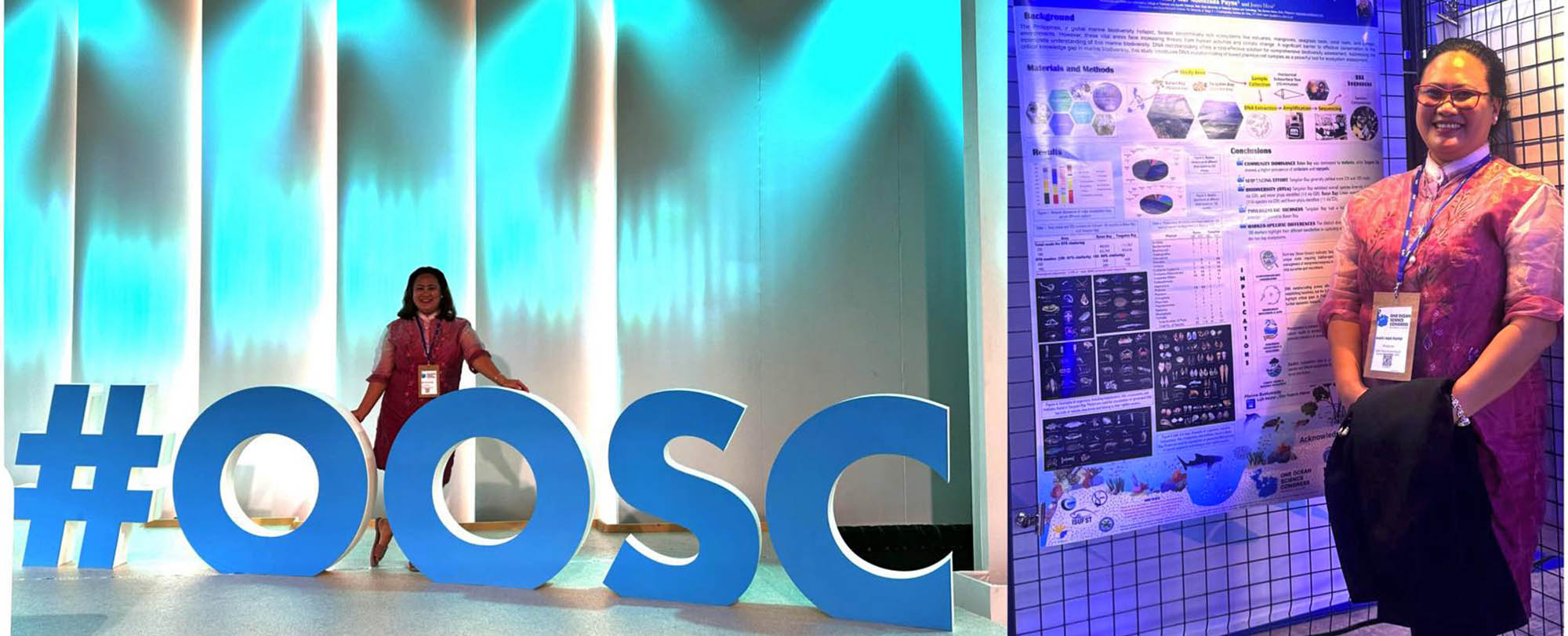
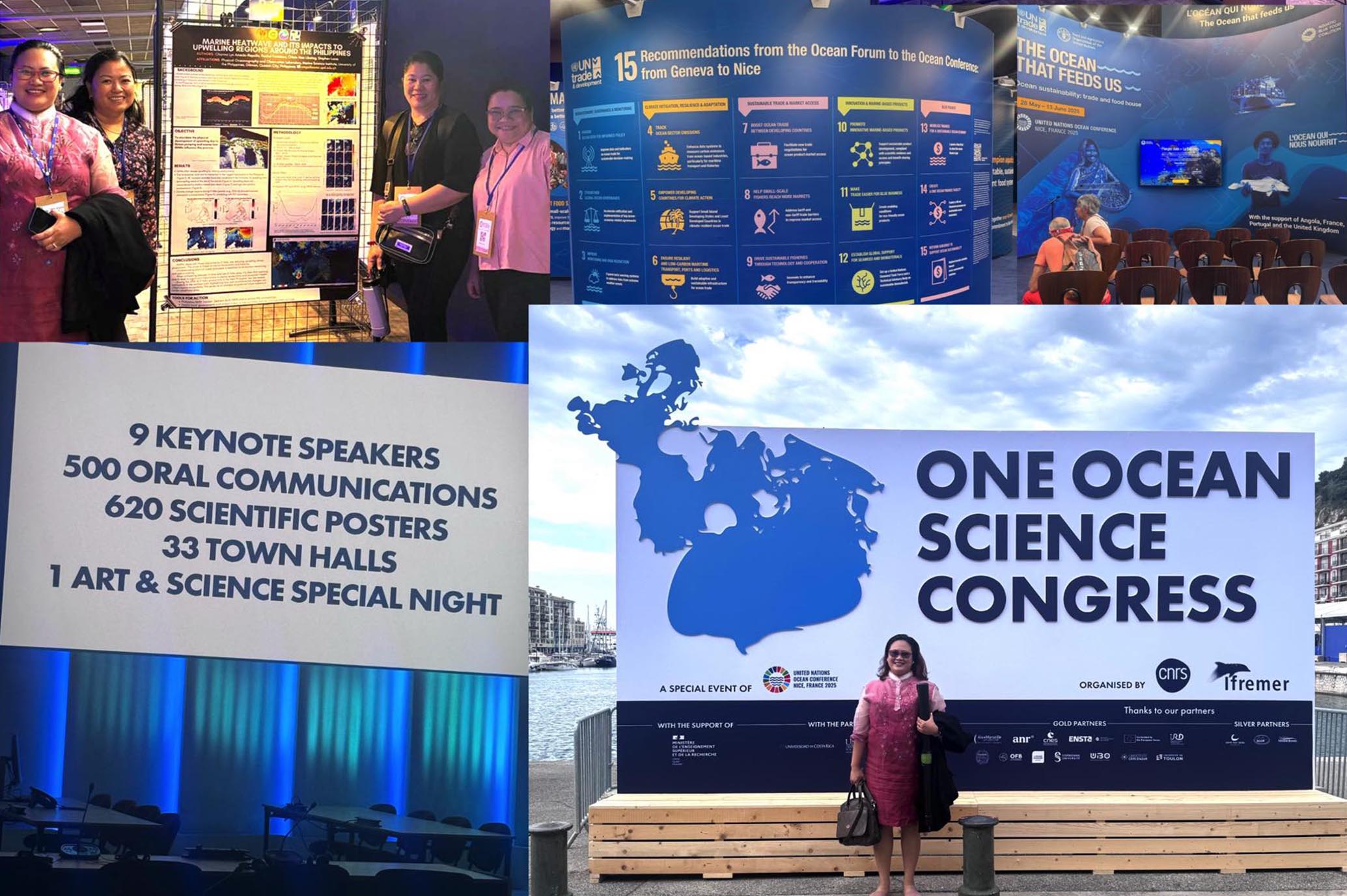
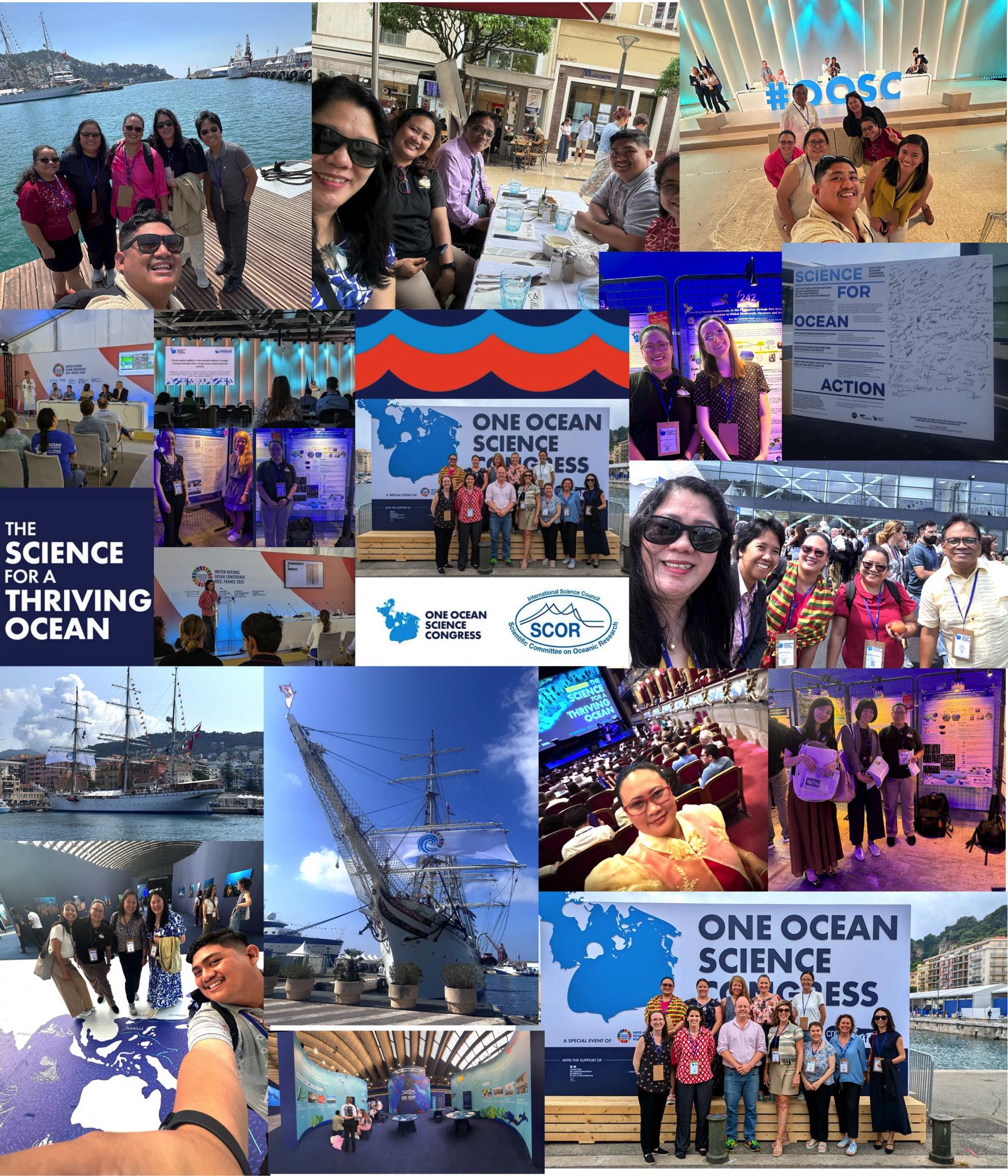
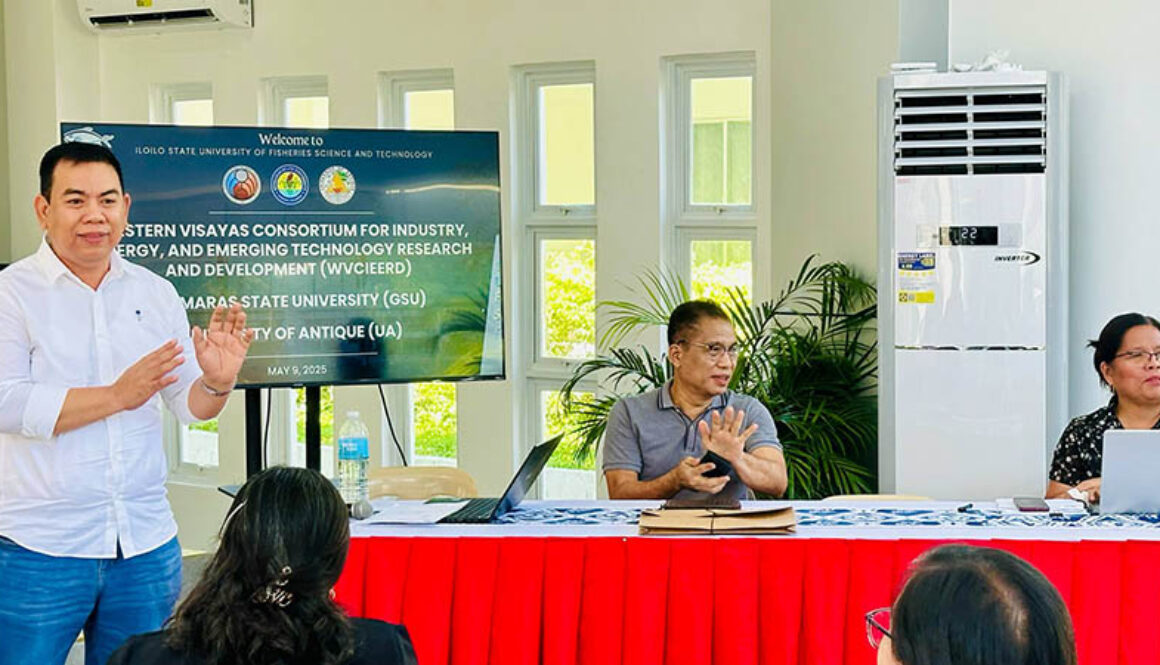


Meanwhile, WVCIEERD Consortium Director Dr. Carmelo Ambut from Iloilo Science and Technology University (ISAT-U) shared how their university successfully adopted similar policies on a gradual basis. His stories showed how these changes have helped their faculty become more productive, happier, and more fulfilled in their roles.
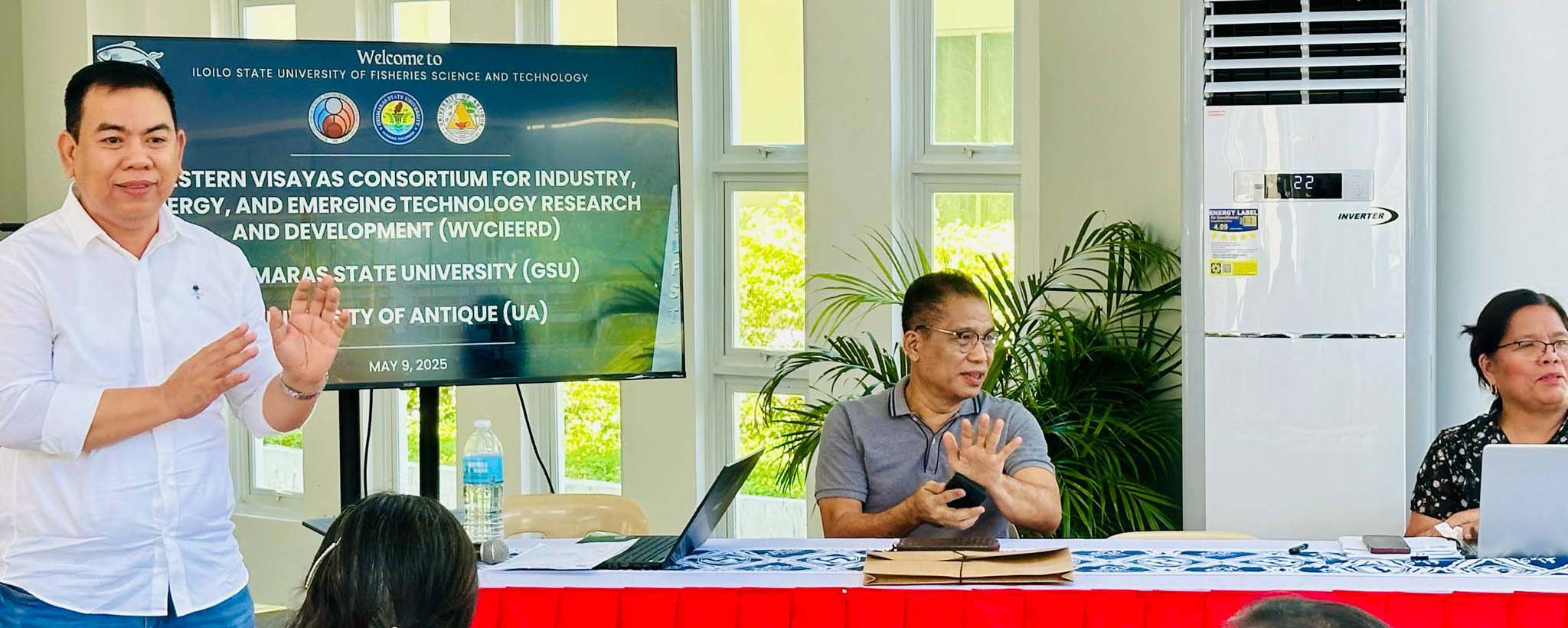
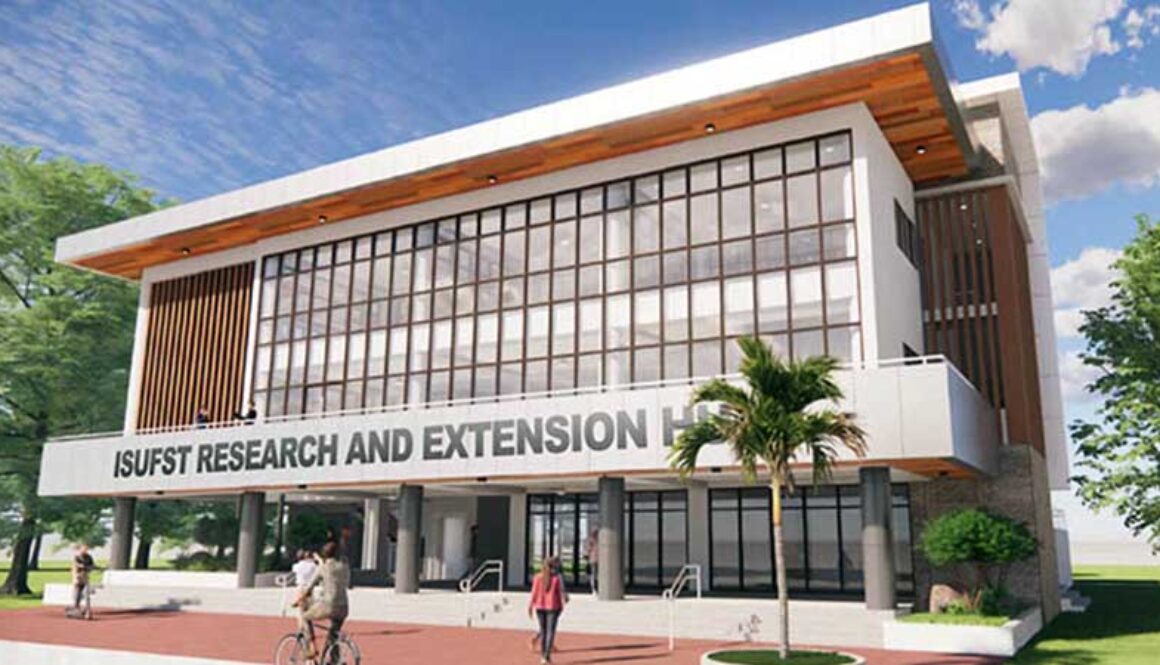



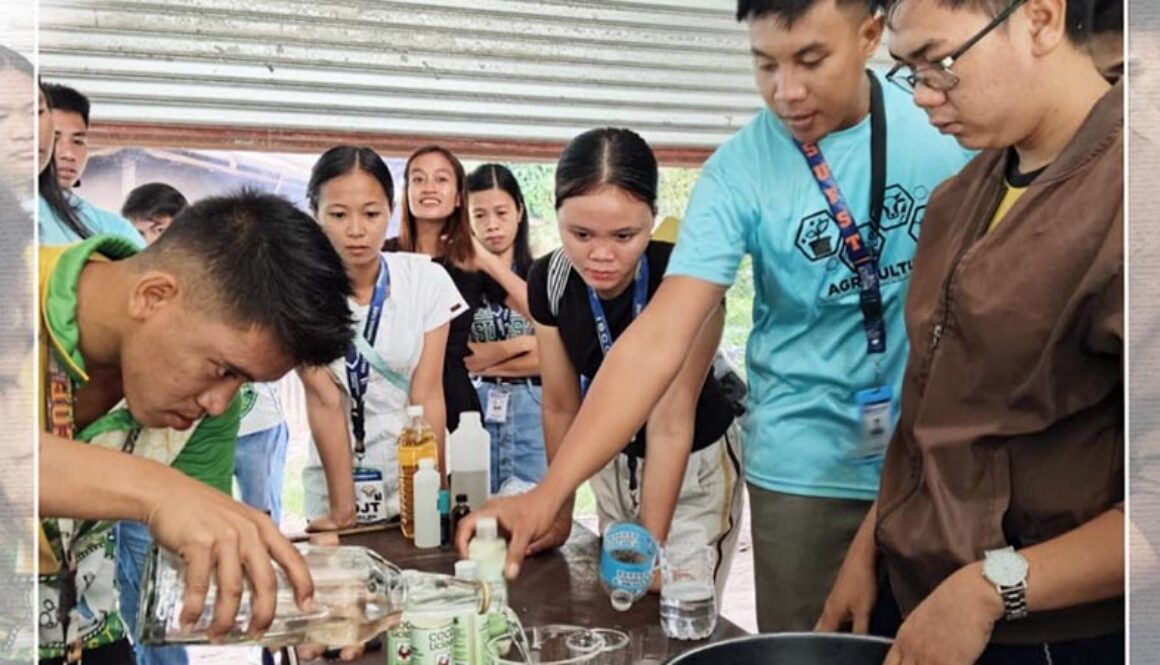

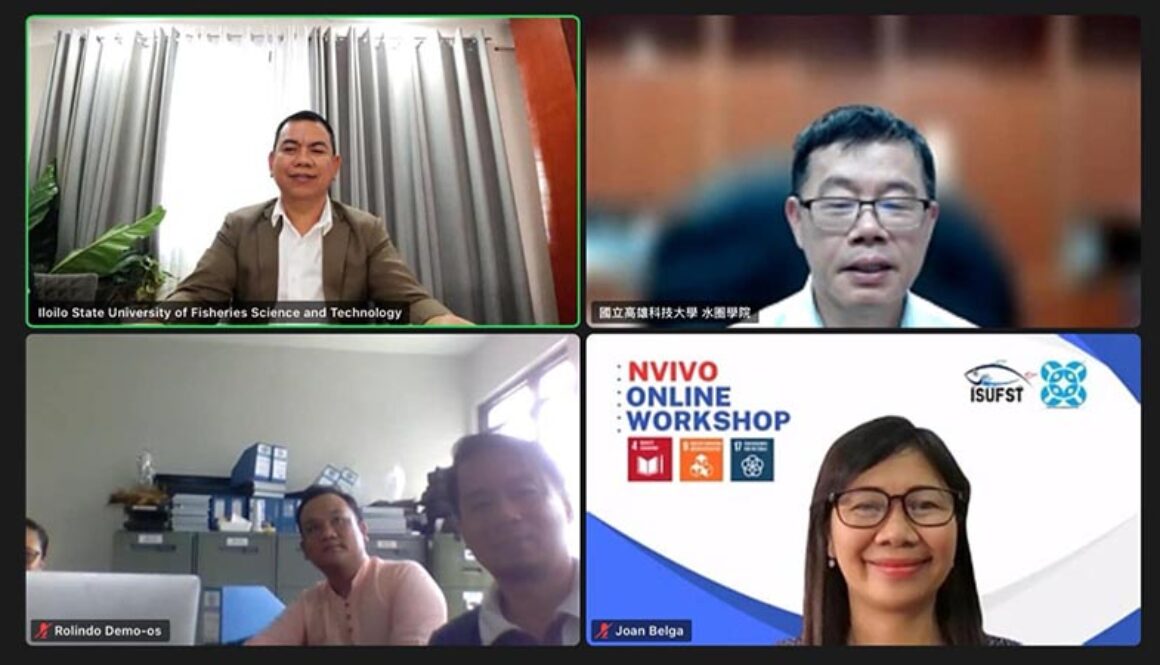
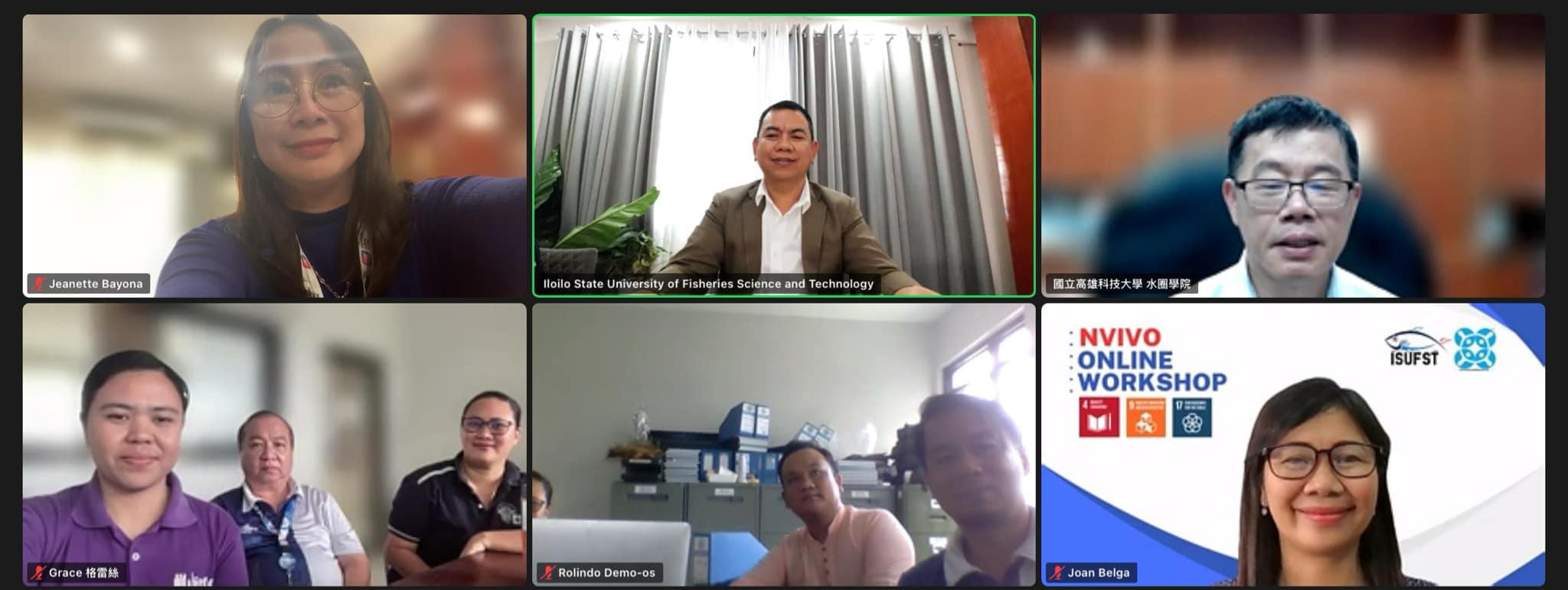
Strengthening global ties for academic excellence and collaboration! . On February 12, 2025, at 11 AM PST, Iloilo State University of Fisheries Science and Technology (ISUFST) and National Kaoshiung University of Science and Technology (NKUST) virtually signed a Memorandum of Understanding to foster academic cooperation. Present at this historic event were Dr. Nordy Siason Jr., CESO VI, University President of ISUFST, Prof. Cheng-Di Ding, Dean of the College of Hydrosphere Science of NKUST, Dr. Joan Belga, Vice President for Academic Affairs (VPAA), Dr. Jeanette Bayona, Director of International Affairs and Linkages, and Dr. Rolindo Demo-os, Dean of the College of Fisheries and Aquatic Sciences, alongside other distinguished faculty members from ISUFST.
This partnership opens doors for greater opportunities in research, education, and global exchange.
#ISUFSTxNKUST #AcademicPartnership #InternationalCollaboration“

